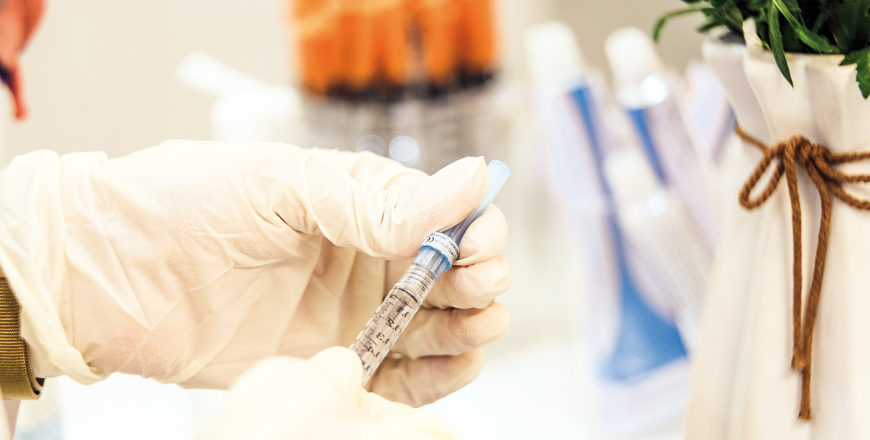You are here
Collaboration between regulators necessary in stopping unlicensed beauty clinic phenomenon, say officials
By Rayya Al Muheisen - Jun 08,2023 - Last updated at Jun 08,2023
AMMAN — In an increasingly worrisome trend, unlicensed beauty clinics have become a pressing concern, necessitating the establishment of strong private-public partnerships, say officials.
The ongoing controversy revolves around the question of whether general practitioners or specialists in dermatology and cosmetics are qualified to perform cosmetic procedures.
However, regulatory divisions have led the concerned officials to call for institutional collaboration to put an end to murky licensing practices around cosmetic procedures.
Relevant oversight is currently divided between the Ministry of Health, which acts as the authorised body responsible for licensing and monitoring beauty clinics, and the Jordan Medical Association (JMA), which issues doctors’ work permits.
According to JMA President Zeyad Zu’bi, general practitioners are currently permitted to engage in specific cosmetic and skincare practices as long as they undergo specialised courses.
Emphasising the association’s commitment to ensuring proper regulation of doctors across various sectors, Zu’bi clarified that the association lacks the authority to inspect clinics and doctors, as this responsibility lies solely with the Ministry of Health.
Undoubtedly, safeguarding the rights of doctors remains a top priority for the association, said Zu’bi. However, the association advocates for its members “within the framework of the law”.
Zu’bi underscored the importance of the ministry adhering to regulations and instructions pertaining to doctors, while also providing an opportunity for the syndicate to play its role in effectively regulating the medical sector.
There is an urgent need to develop comprehensive standards that define which doctors are authorised to administer cosmetic injections, Zu’bi said, adding that standards must also outline the qualifications and certifications necessary for doctors to use laser devices and conduct Botox and filler procedures.
Amin Al Ma’ayta , the Director of Licensing Professions and Institutions at the Ministry of Health, told The Jordan Times that the ministry has intensified its supervision of cosmetic and skincare centres through regular visits, inspections of staff and facilities, monitoring of social media advertisements and the enforcement of penalties commensurate with the severity of violations.
“The penalties range from notifications and warnings, to the closure of offending establishments,” Ma’ayta added.
Ma’ayta disclosed that last month, the directorate closed two cosmetic and skincare centres due to “grave violations”, and subsequently referred the violators to the public prosecutor.
Last year, the ministry received 1,355 complaints regarding cosmetic centres, he noted, adding that complaints concerning cosmetic centres can be directly submitted to the ministry, the JMA or the judiciary.
“It is imperative to underscore that the practice of cosmetics, like any other profession, is subject to laws, regulations and instructions, and any violations will face the appropriate consequences,” Ma’ayta said.
Ma’ayta called for effective private-public partnerships to address increasing issue of unlicensed beauty clinics, adding that patients should take proactive steps to ensure the credibility of practitioners.
“This can be done by reaching out to the Ministry of Health or simply visiting their official website, where they can verify the legitimacy of authorised professionals,” Ma’yata added.
Related Articles
AMMAN — The Jordan Medical Association (JMA) is working to develop a new system to regulate medical advertisements on social media, accordin
AMMAN — The Jordan Medical Association (JMA) is currently finalising a list of doctors of all specialties in the Kingdom to be published on
AMMAN — A specialised committee is working on outlining a set of legal amendments to regulate medical practices and curb the illegal p


















